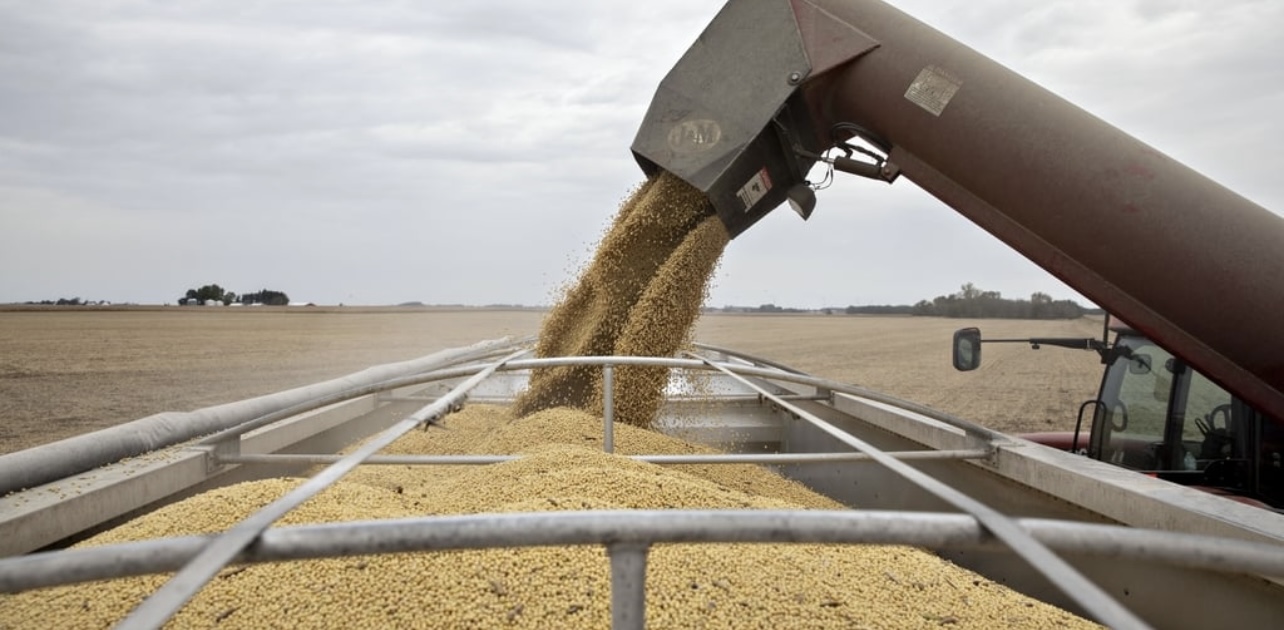Early October 2025. President Donald Trump and aides are weighing a major relief package for U.S. farmers at least $10 billion and possibly up to the low-teens of billions — to offset losses from disrupted export markets and weak commodity prices tied to his trade policies, administration and market sources say.
Administration officials are examining several funding routes, including tapping tariff revenues and using existing USDA authorities, rather than waiting for an act of Congress. Internal briefings have discussed a package in the $10 billion–$14 billion range, though officials caution no final decision has been taken and timing may depend on whether a government funding standoff affects Agriculture Department operations.
Treasury and agriculture officials told reporters this week the administration intends to help soybean growers and other crop producers who have seen demand from China and other markets slump, contributing to a deep surplus and depressed prices. U.S. soybean shipments to China have fallen sharply compared with previous years, a dynamic cited by administration spokespeople as central to the aid case. An announcement was reported to be expected in the days following public briefings.
Officials are weighing how to structure the payments so they reach the most affected producers. Some proposals under discussion would mirror elements of earlier emergency assistance programs used during prior trade disputes, while other advisers want a broader set of measures — including credit assurances and market-building efforts — to avoid repeated reliance on direct payments. Critics warn large, fast-moving expenditures could raise legal and budgetary questions and further politicize farm support.
This is not the first time the Trump White House has turned to emergency farm aid: the administration distributed sizable packages in earlier trade confrontations, and Democrats and fiscal watchdogs have previously expressed concern about scale and permanence of such supports. Farm groups and many congressional Republicans urged the administration to move quickly this week; some lawmakers are simultaneously exploring requests for substantially larger funding if markets and input-cost pressures persist.
Impact & politics. Supporters of a rapid aid package argue it is necessary to stabilize rural economies ahead of planting and to protect communities hit by lower incomes and reduced purchases of farm inputs. Opponents say sustained solutions must focus on new markets and long-term competitiveness rather than repeated emergency payouts, and that routing large sums through tariff receipts or executive authorities risks political blowback. Analysts also note that the shape of any package could affect upcoming trade talks, including scheduled high-level meetings with China.
What to watch next: administration briefings and an expected formal announcement in the coming days, plus any congressional reaction if lawmakers are asked to provide or endorse additional funding.



